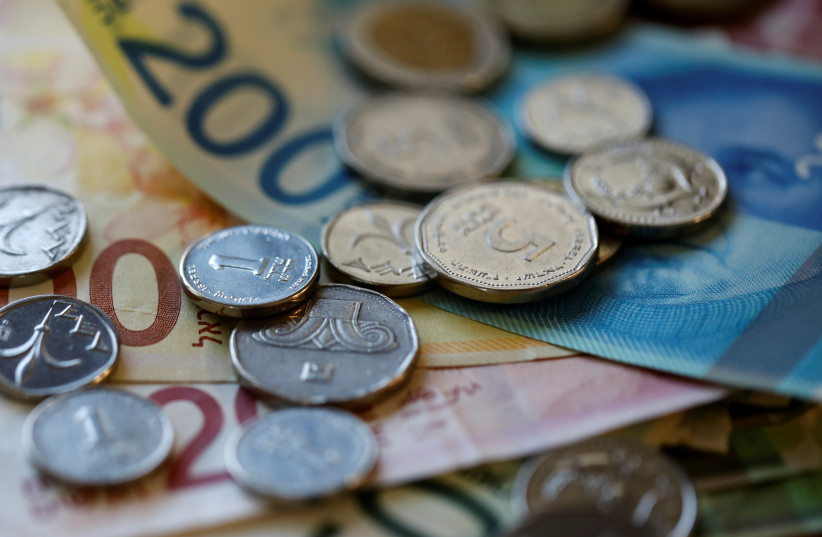The Consumer Price Index rose by 0.5% in February, bringing the total increase over the last twelve months to 5.2%. The index rose by 0.3% in January.
The increase in the CPI was driven by significant price increases in several sectors, including fresh produce (which rose by 3.8%), culture and entertainment (0.9%), food (0.8%), and transportation and miscellaneous (0.5% each).
The cost of housing (as well as that of home maintenance) has continued to rise, crawling upward by 0.4% in February, a 14.6% increase over the last year. Furthermore, every district in Israel saw increases in the cost of housing, with the highest being Haifa at 16.4%.
Clothing and footwear items, and communication prices decreased by 3.3% and 0.4% respectively.
Rise in CPI reflects ongoing inflation
February’s rise in the CPI reflects ongoing inflation within Israel and around the world, and will likely result in the Bank of Israel increasing its interest rate yet again in an attempt to curb it.


In an interview with CNN on Tuesday, BOI Governor Amir Yaron noted that the interest rate is likely to continue its rise due to the “stickiness of inflation” felt globally.
“We know and there is experience in the past that if you stop too early, inflation can come back with a vengeance,” Yaron said. “And, therefore, I predict that at least around the world, we will see rates continue to go up – and they will stay up for quite a bit.”
He noted that the inflation seen in Israel is largely due to the funds pumped into the economy during the COVID-19 outbreak, which enabled higher consumer spending.
In order to combat that inflation, the Bank of Israel intends to use interest rate increases as much as necessary in order to bring things back to its target range of 1%-3%.
“We are determined, absolutely determined, to bring inflation back down to its target. And if that means continuing raising rates – and that is our primary tool – that’s what we will do,” he said. “It will take a little bit more pain, probably, in order to bring inflation back down to its target.”
The bank’s repeated use of interest rate increases as a solution to inflation has been criticized by experts, who have suggested that a more comprehensive approach is better suited to the task.
Following the most recent interest rate increase of 0.5% in February, Presidium of Israeli Business Organizations chairman Dubi Amitai expressed his dissatisfaction with BOI’s methodology.
“Another interest rate increase is a severe blow to the business sector and the economy. It is clear that the Governor of the Bank of Israel is troubled by the weakening of the shekel, but excessive use of the interest rate tool exacts a heavy price, not only in the slowdown in consumption but also in the slowdown in investments,” he said.
“This will be reflected in the economy’s recovery time, which will be longer than expected – and only once inflation is completely curbed,” Amitai said, adding that “The Governor of the Bank of Israel must examine [the possibility] of lowering the interest rate instead of continuing to raise it.”

